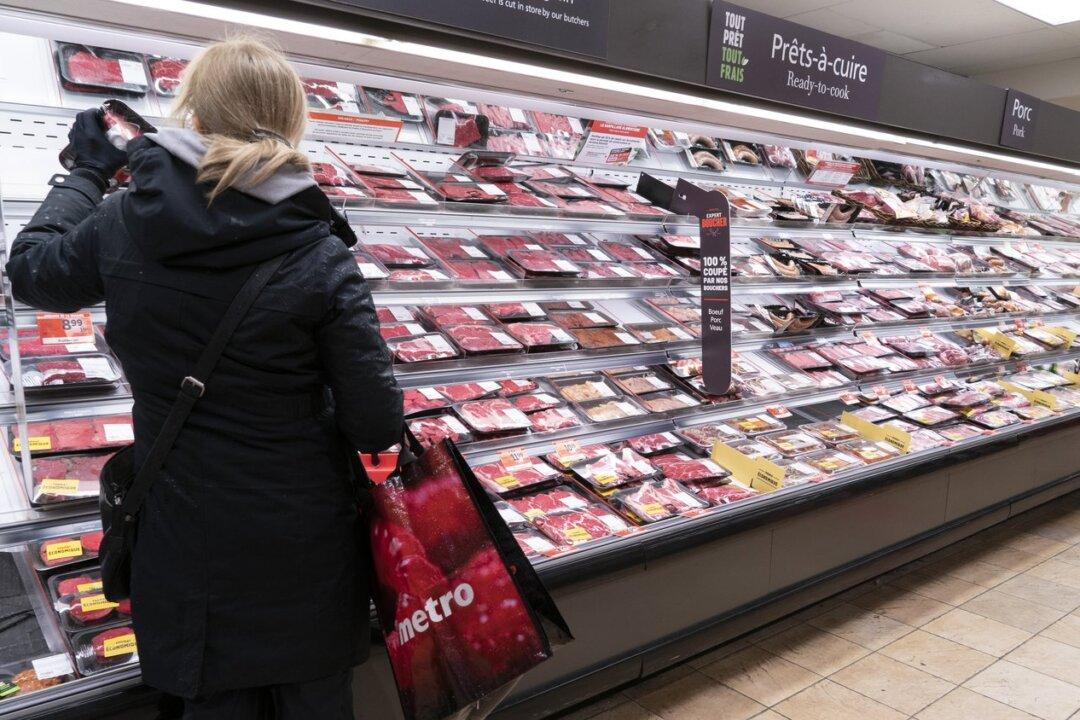Although this week’s announced interest rate hike by the Bank of Canada (BoC) will make things even tougher for Canadians amid rising mortgage rates and tight budgets, there are a number of ways people can ride out this period and manage their finances.
“One thing Canadians can do is make a budget plan. Do not get caught off guard. Make trade-offs to cover essentials,” Canada’s first Parliamentary Budget Officer Kevin Page told The Epoch Times.





